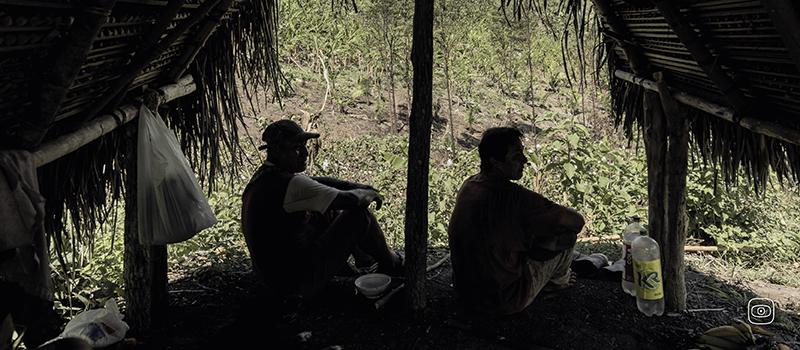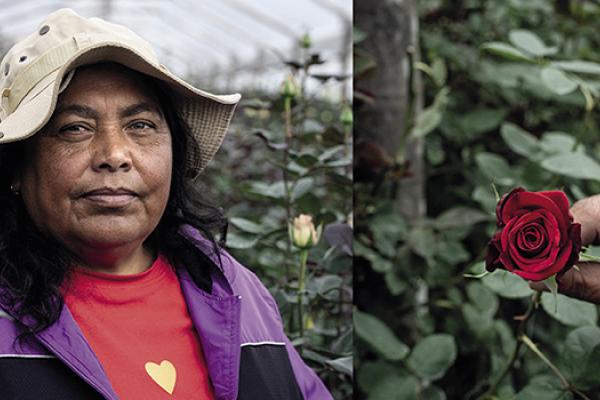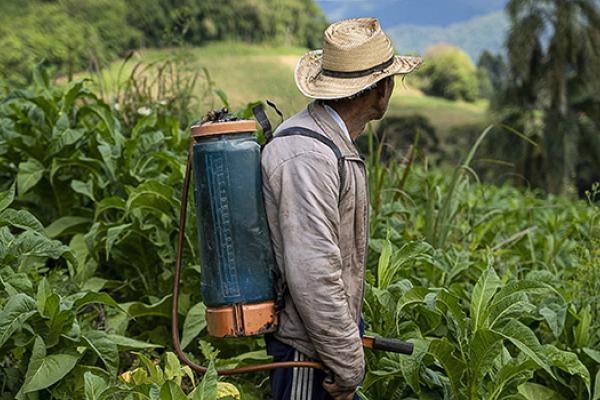Through field reporting in the Peruvian Amazon and analysis of international patent records and trade data, the investigation reveals how European corporations nearly monopolised the ancestral uses of the seed, which were long known to Indigenous communities such as the Kichwa and Awajún.
The report details how, despite a successful legal battle by Peru’s National Commission against Biopiracy to overturn these patents, the economic benefits continue to bypass the original guardians of the knowledge. The methods combined on-the-ground accounts from farmers facing volatile prices with documentation of corporate structures and international trade flows to South Korea and Europe. A significant obstacle was tracing the often-opaque commercial relationships, such as a Peruvian company’s deal with a Chinese businessman accused of money laundering.
Ultimately, the investigation uncovers a stark contrast: while the oil of this seed is marketed in global beauty and wellness industries as a luxurious, sustainable ‘superfood’, the Indigenous communities at its source see little reward, raising profound questions about equity, green marketing, and the limits of exploitation.
Key Findings
- European companies, notably France's Greentech and Germany's Cognis, successfully filed patents in the mid-2000s to monopolise the cosmetic use of sacha inchi oil, a use perfected by Indigenous Amazonian communities over millennia.
- Peru’s National Commission against Biopiracy successfully appealed and overturned these patents, arguing they were based on pre-existing traditional knowledge and not a novel invention.
- Despite the legal victory, the economic structure remains largely unchanged. Greentech maintains a commercial relationship with its former Peruvian partner, Agroindustrias Amazónicas, which also cultivated sacha inchi in a questionable deal with a Chinese businessman accused of illegal logging and money laundering.
- The global market for sacha inchi is growing, especially in Asia (South Korea, China) and Europe, where it is sold as a high-value cosmetic and superfood, often with ‘green’ and ‘fair trade’ marketing. However, the export boom has not translated into stable incomes for local farmers, who face wildly fluctuating prices.
- Indigenous communities, such as the Awajún women of the Bosque de las Nuwas, are now consciously protecting their ancestral knowledge from further appropriation, seeing secrecy as a form of resistance.
- The case of sacha inchi exemplifies a larger pattern of ‘expropriation’, where capitalism converts communal resources and knowledge from the Global South into private profit for corporations in the Global North, all while being framed as sustainable development.
Image by Anita Pouchard Serra.







